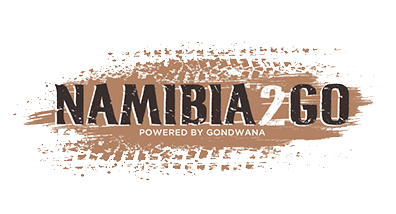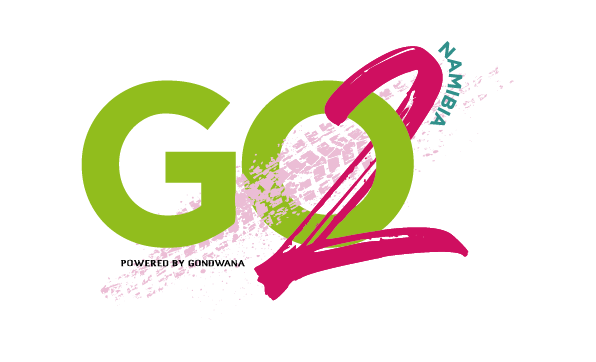When I heard that Namibia would no longer be producing five-cent coins, I felt a slight tug in my heart. I remembered that as a child, my weekly pocket money of twenty cents bought a whole assortment of sweets. And a half-cent piece could buy a colourful square of Chappies chewing gum with a list of ‘Did you know?’ interesting general knowledge items on the inside of the wrapper. It seems to be an end of an era, not only for our old coins, but for a time when life was slower and we made time to find the pennies along the way.
My father always said to me, “If you don’t honour the pennies, you are not worth the pound.” My mother, on the other hand, believed that finding a penny was good luck and instilled this belief in me. From an early age I collected coins that I found lying on the ground. I remember finding a tickey on the beach when I was eight years old. I still have it. I have found coins in different parts of the country. In the 80s I found a pfennig at an old German police station near the canyon, presumably dropped by someone stationed there in the early 1900s. In the Kalahari I found a shilling from the 1960s, probably from one of the shepherds, and at Spitzkoppe I found a Deutsche mark, which must have been dropped more recently by a tourist before the Euro took over. The latest was a one-cent piece found at a salt pan north of Etosha, where the Oshiwambo people used to harvest salt. Even on my journeys abroad, I pick up ‘pennies’. I have a small basket of lucky coins, most collected from the Windhoek streets.
And, when I receive one as a gift, like the VOC (Dutch East India Company) coin that a friend found on the beach from an old shipwreck, I’m deliriously happy and won’t part with it for love or money.
There’s nothing you can buy anymore with a five-cent piece, not even one Chappies, which now costs 50 cents, and there will come a time when coins will no longer be in circulation because the world is moving on.
But, as CNN anchor Richard Quest says in his Mary Poppins spoof: ‘It all begins with a humble penny’ and ‘It’s not how many you have, it’s what you do with them that counts.’
The idea of picking up pennies along the way goes much further than the physical coins. I see it as a metaphor for slowing down and shifting to a lower gear, to become a traveller rather than a tourist, for taking your foot off the pedal when on a road trip to pause for the little things. They enrich our journeys considerably. Making time to stop and talk to Namibians at roadstalls and markets or on their donkey carts gives a much deeper understanding and a more authentic experience of the country. Pausing to look at and enjoy the smaller things in life grows those pennies into pounds, and makes the journey so much more than just getting to the destination.
So, even if people look at me strangely when I pick up a coin on the street that no longer has any value, I know deep down that life is made of the pennies. It is not made up of the destinations, of just getting from A to B. It’s about those many small things that at times seem so inconsequential, but when given time and attention become nuggets on our travels and our journeys through life.
And, although the five-cent piece will not be there in the future, I will remember it along with happy recollections of many moments stopping along the road to find treasure of a different sort.


%20(1).png)
.png)
%20(1).png)




.png)

SUBMIT YOUR COMMENT